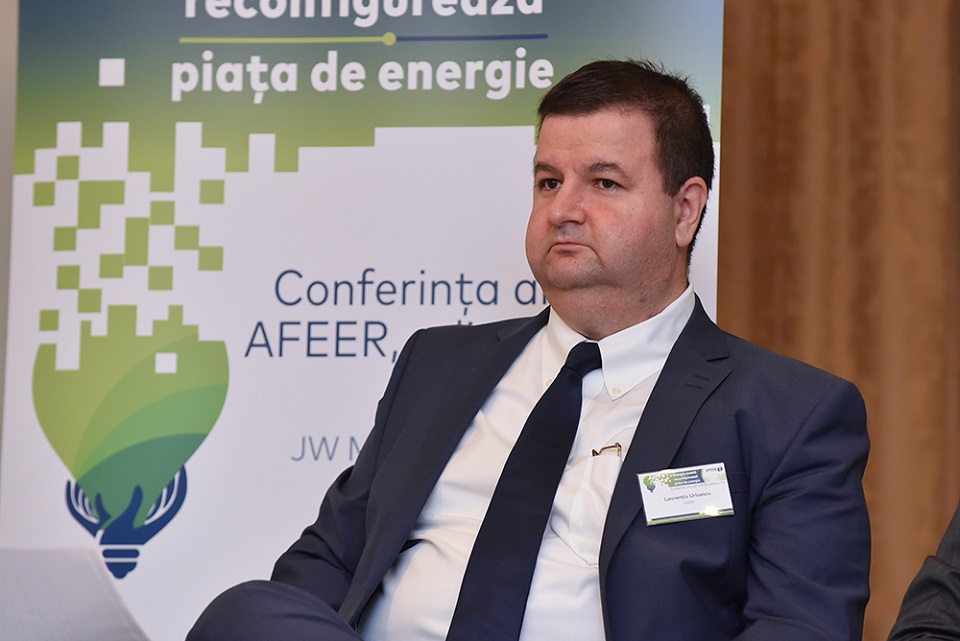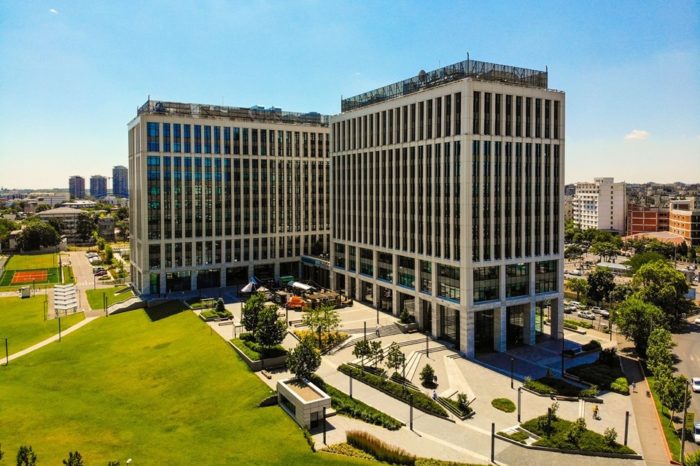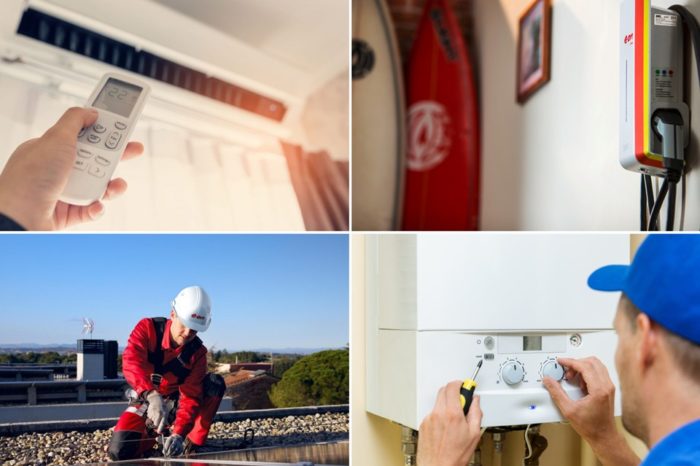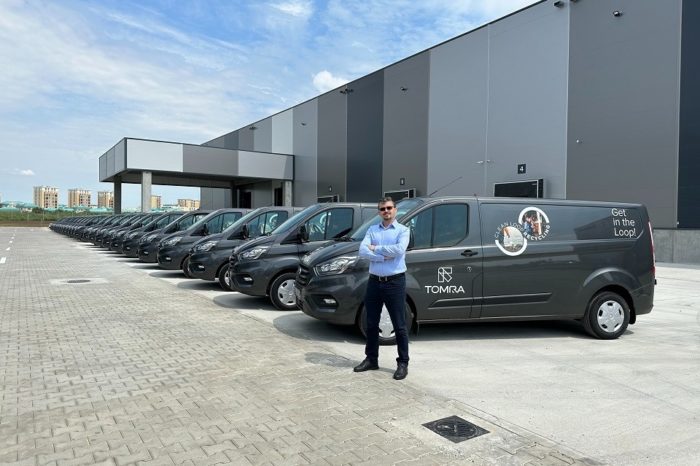AFEER: “The energy market is overregulated and does not offer predictability”

The Romanian Energy Suppliers Association – AFEER warns that, currently, the market is not influenced, as is normal, by the demand and supply of electricity and natural gas, but primarily by regulations. This situation is not beneficial in the long term neither for the market players nor for the state budget, and even less for consumers, both household and industrial, according to AFEER.
“Following the numerous regulations and amendments to the primary legislation (no less than 18 in the last 18 months!), to which are added those to the secondary legislation, the energy market (both natural gas and electricity) has reached a standstill: contracts for terms longer than one month are no longer concluded. This situation affects both the activity of producers, suppliers, and consumers (especially household ones).
The last decision of the Parliament, promulgated by the President Klaus Iohannis, to modify the law 153/2022 and to introduce a new ceiling for settlement, of 900 lei/MWh, is an additional blow to the market. Adopted in a non-transparent manner, without consulting the market actors, the new legislative amendment only proves the right, once again, to the European Commission, which, in the recent Country Report on the rule of law, emphasized that Romania “has not registered any progress in regarding ensuring an effective public consultation before the adoption of a legislative project”, according to an AFEER press release.
“An additional proof that the new ceiling adopted by the parliamentarians is not related to what is happening in the market is represented by the sales offers submitted by productions, of 1,000 lei/MWh, well above the ceiling of 900 lei/MWh. Moreover, the auctions on OPCOM, at this price, were cancelled because no supplier wanted to participate.
It should not be forgotten that suppliers have purchased electricity for consumers ahead of time, since last year for this year, at higher prices, even over 2,000 lei/MWh, many through public trading mechanisms.
We emphasize that the Centralized Electricity Purchase Mechanism (MACEE) provides only part of the energy needed by consumers.
On the other hand, on the regional and European term markets, a reversal of the trend can be observed in terms of prices: with the end of spring, they started to rise, both for natural gas and electricity.
Thus, a ceiling of 900 lei/MWh does not guarantee the coverage of the electricity purchase costs in the conditions of ceiling prices for consumers.
Also, we expect the supply of the Energy Transition Fund to be greatly reduced, given that the last month fully settled by the Ministries of Energy and Labor is May 2022! That’s 14 months ago!”
“It has been an inordinately long time since the last full settlements were made. During all this time, the state’s debts to electricity and natural gas suppliers have been accumulating. If, until now, the state has made partial payments from time to time, from now on we do not know how it will manage to pay the suppliers the subsidies that they, in practice, granted to the population and companies. Since the charging of production and trading activity does not sufficiently feed the Energy Transition Fund, and the prices in the market have reversed their trend and are starting to increase, there is a deep concern of the suppliers that they will no longer be settled for the expenses made and, even less, the ones they are going to do until the end of March 2025, when the aid scheme established by the authorities ends”, says Laurentiu Urluescu, the president of AFEER.
In the given context, with all the aspects reported, AFEER requests the authorities that the legislation be fair, ensure fair competition, be compatible with European regulations and not introduce additional problems for the energy sector.
AFEER considers that any purchase ceiling, regardless of the figure established by legislation, is meaningless and should be removed.















